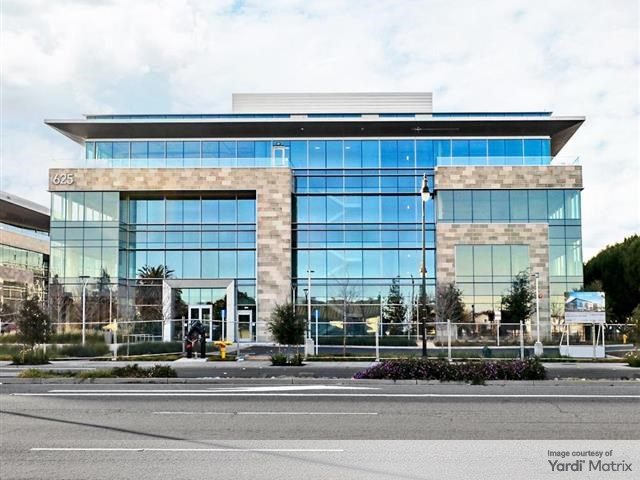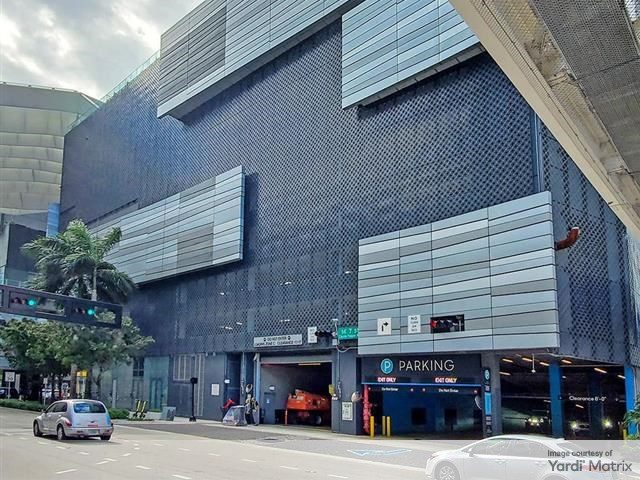Funding, Political Risks Key ESG Credit Considerations for Private Prison REITs
This sector of the REIT cohort has struggled as lenders and investors increasingly focus on companies' environmental, social and governance dynamics, according to Fitch Ratings' Gabriel Foguel.

Gabriel Foguel Photo courtesy of Fitch Ratings Inc.
Environmental, Social and Governance factors have been gaining investor interest, placing the private prison REIT sector in the ESG spotlight. Tighter bank lending practices have weakened access to capital, an issue that could be further exacerbated by growing political and headline risk. As a result, Fitch recently revised the prison REIT sector outlook to Negative from Stable.
Without access to secured property mortgages, a key contingent liquidity source for equity REITs, private prison REITs are more reliant on bank and debt capital markets access. When several large U.S. money center, regional and foreign banks severed commercial ties with private prison operators, the industry’s access to capital was severely curtailed.
With immigration issues generating public interest, public bond issuance is a less viable alternative for private prison operators. The potential lack of investor appetite for private prison debt could be seen by CoreCivic’s inability to close a $250 million term loan B earlier this year. This might push the industry to private placement debt, non-bank financial lenders or joint venture deals in the near-to-medium-term. These funding sources are less stable than traditional bank loans and credit facilities, and would further deteriorate the capital access profile of prison REITs.
Political Fallout
In July, Fitch downgraded CXW one notch to ‘BB’ with a Negative Outlook as a result of the pullback of U.S. and international banks. The issuer has Fitch’s highest ESG relevance score, a ‘5,’ for the Exposure to Social Impacts category.
Overall, Social ESG risk represents just 14 percent of Fitch’s ‘4’ and ‘5’ ESG relevance scores and can stem from lending activities with higher interest rates, weaker borrowers or an increased the risk of social or political disapproval.
The negative social perception of immigrant detention practices by the U.S. Customs and Border Protection and U.S. Immigration and Customs Enforcement has led activist groups to target the prison REIT sector. Approximately 67 percent of ICE detainees are held in private prisons, according to data from the Prison Policy Initiative.
As the U.S. heads towards an election in 2020, it’s safe to assume recent public scrutiny of immigration-related issues will continue, and potentially increase. In this environment, ESG considerations become increasingly important for banks of all sizes, leaving private prison REITs to face a number of hurdles in forming new banking relationships.






You must be logged in to post a comment.